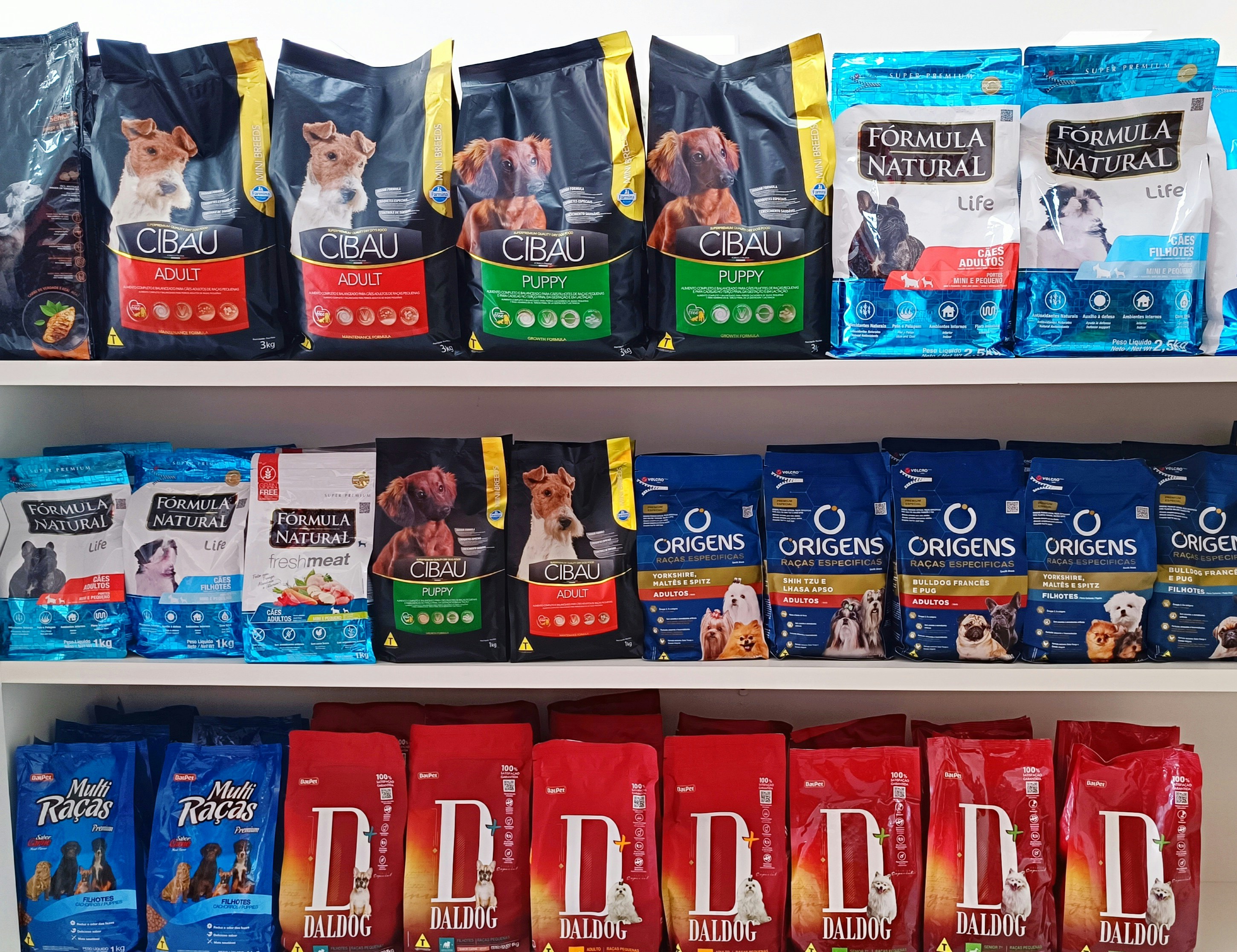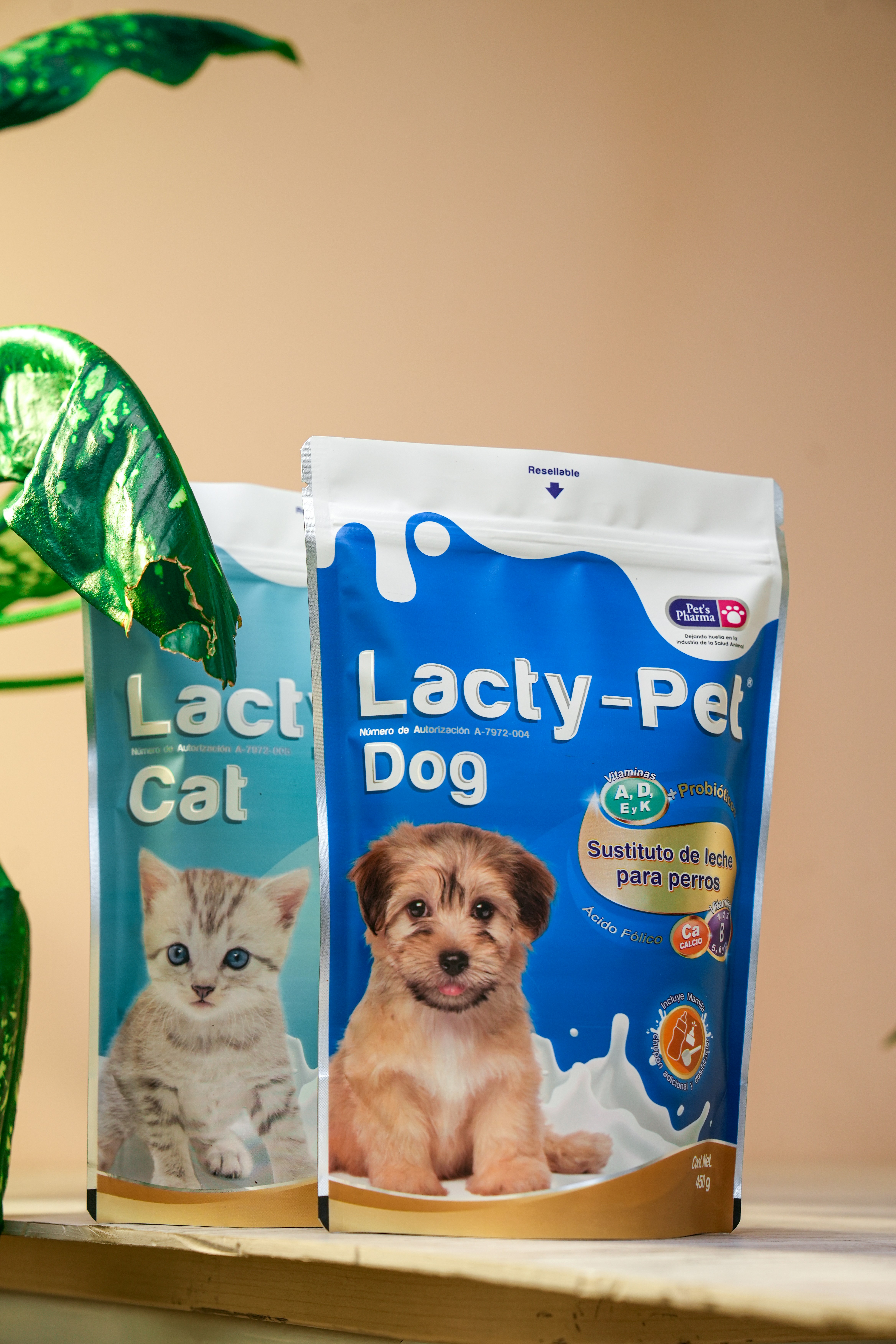Costco Dog Food Beef: Everything You Need to Know About Ingredients, Nutrition & Value
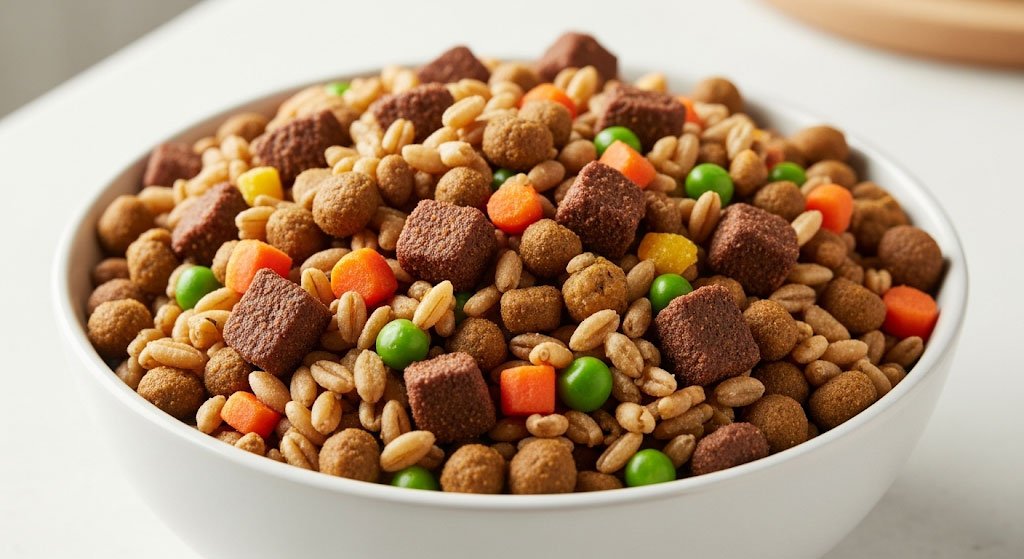
Introduction to Costco Dog Food Beef
Costco has established itself as a leading retail chain known for providing a diverse array of quality products at competitive prices. Among these offerings, Costco dog food has garnered significant attention from dog owners seeking affordable yet nutritious options for their pets. The brand’s commitment to quality ingredients is evident in its beef-based dog food selections, which are designed to meet the dietary needs of dogs while maintaining high standards of affordability.
Beef, being a rich source of protein, is a primary ingredient in many of Costco’s dog food products. This aligns with the growing trend among pet owners who prioritize meat-based diets for their canine companions. The inclusion of beef not only enhances flavor but also provides essential nutrients that support overall health and well-being. Costco emphasizes its dedication to sourcing high-quality beef, ensuring that each product adheres to rigorous safety and nutritional standards.
Ingredients Breakdown: What’s Inside Costco Beef Dog Food?
Costco’s beef dog food products are designed with a focus on quality nutrition for dogs. The primary ingredient often found in these formulations is beef, which serves as an excellent source of high-quality protein necessary for muscle development and overall health. The type of beef used can vary; however, it is typically sourced from reputable suppliers, ensuring that the dogs receive fresh and wholesome meat. Additionally, beef meal is frequently included, which is a concentrated form of protein derived from rendered beef, removing moisture for a more protein-dense option.
In addition to meat, Costco’s beef dog food also contains a balanced selection of grains. Whole grains such as brown rice and barley can be part of the formula, offering essential carbohydrates for energy and important nutrients, including fiber which promotes digestive health. These grains are typically chosen for their digestibility and ability to support a dog’s active lifestyle. Furthermore, some products may feature grain-free options, utilizing alternative carbohydrates such as sweet potatoes or peas to cater to dogs with specific dietary needs.
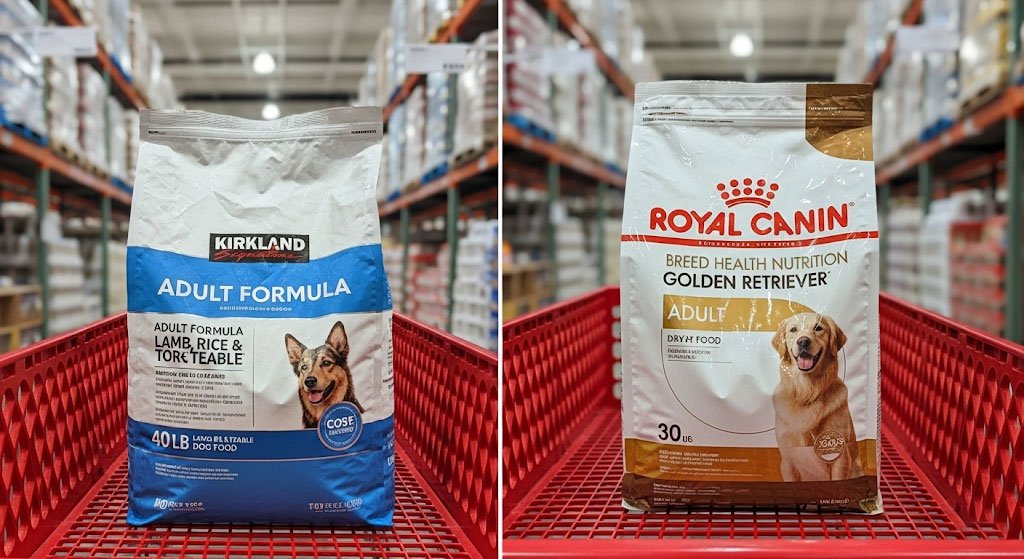
Vegetables are another important component of Costco’s beef dog food. Ingredients such as peas, carrots, and spinach are commonly added to provide vitamins, minerals, and antioxidants that support overall health. These vegetables not only enhance the nutritional profile of the food but also add fiber that assists in maintaining a healthy digestive system. The inclusion of fruits like blueberries may also be found, contributing essential vitamins and protective compounds that benefit a dog’s immune response.
Overall, the blend of high-quality beef, nutritious grains, and wholesome vegetables makes Costco’s beef dog food a balanced diet for canines. Each ingredient is purposefully selected to ensure that dogs receive the necessary nutrients they need to thrive at every stage of their lives.
Nutritional Analysis: Understanding the Labels
When selecting dog food, especially options like Costco’s beef dog food, understanding the nutritional labels is crucial. These labels provide essential information regarding the nutrients that contribute to a dog’s overall health and well-being. The primary components to consider include proteins, fats, vitamins, and minerals, each playing a vital role in fulfilling a dog’s dietary requirements.
Proteins are essential for muscle development, tissue repair, and overall growth. The nutritional labels will commonly specify the source of protein, often highlighting beef as a primary ingredient in Costco’s offerings. A good-quality dog food should contain at least 18% protein for adult dogs and around 22% for puppies. However, larger breeds may require different levels of protein, and this must be tailored to their specific life stage.
Fats are another critical component shown on dog food labels. They provide energy and support skin and coat health. Look for a minimum fat content of 8% for adult dogs and around 8-12% for puppies. Omega-3 and Omega-6 fatty acids are particularly beneficial and contribute to a dog’s cognitive function, immune system, and skin condition.
Vitamins and minerals are sometimes included in the guaranteed analysis on the label. These are necessary for various bodily functions, from immune response to maintaining a healthy metabolism. Key vitamins to look for include Vitamin A, Vitamin D, and B vitamins, alongside essential minerals such as calcium and phosphorus, which are crucial for bone health.
It is essential to consider that nutritional values can vary based on a dog’s breed, size, and activity level. Therefore, understanding how to read these labels helps pet owners provide a balanced diet tailored to their dog’s individual needs. A comprehensive analysis of these details can ultimately lead to healthier and happier pets.
Health Benefits of Beef in Dog Food
Beef is a highly regarded protein source in canine nutrition, offering numerous health benefits that can contribute significantly to a dog’s overall well-being. As a primary protein source in dog food, beef provides essential amino acids, which are crucial for maintaining muscle mass and facilitating various bodily functions. This nutrient-dense meat supports energy levels, making it an excellent choice for active dogs who require a higher caloric intake to sustain their energy throughout the day.
One of the standout aspects of beef is its role in muscle maintenance. Dogs, particularly those engaged in regular physical activities, benefit from the high-quality protein that beef delivers. The amino acids derived from beef not only aid in muscle development but also contribute to effective muscle repair after vigorous exercise. Moreover, beef contains vital nutrients such as iron and zinc, which play a critical role in promoting a robust immune system and supporting overall health.

However, it is essential to consider individual sensitivities or allergies that some dogs may have to beef. While many dogs thrive on beef-based diets, others may experience adverse reactions, which can manifest as gastrointestinal issues or skin irritations. Pet owners should monitor their dog’s response to beef in their diet closely, particularly when transitioning from one protein source to another.
To summarize, incorporating beef into dog food can offer numerous advantages, including enhanced energy levels, support for muscle maintenance, and contributions to overall well-being. Nevertheless, it is imperative for dog owners to be cautious and observant concerning any sensitivities their pets may have. This careful approach can ensure that each dog derives the maximum benefit from their dietary choices.
Comparing Costco Dog Food to Other Brands
When evaluating Costco’s beef dog food, it is essential to consider various factors in comparison to other prominent dog food brands. One of the primary aspects is the quality of ingredients used. Costco’s beef dog food typically features high-quality beef as the main protein source, supplemented by a range of vegetables and grains. In contrast, many mainstream brands often utilize fillers or by-products, which can lower the nutritional value of their products. This attention to ingredient quality may make Costco a favorable option for dog owners looking for wholesome nutrition.
Nutritional value is another fundamental aspect of this comparison. Costco dog food formulations are designed to meet the nutritional needs of dogs at various life stages, ensuring that they receive a balanced diet. These formulations are often rich in essential vitamins and minerals, promoting overall health and vitality. When compared to other brands, especially those that promise lower prices, it is important to note that the nutritional density can sometimes be compromised. Owners should analyze the guaranteed analysis and ingredient lists to assess if their dog is receiving adequate nutrition.
Cost-effectiveness also plays a critical role in determining the best choice for pet owners. Costco is well-known for offering competitive pricing, especially when purchasing in bulk. This can result in significant savings over time compared to premium brand options, which may sometimes carry a higher price tag for similar ingredients. Moreover, customer reviews often highlight satisfaction regarding the cost-to-quality ratio of Costco’s beef dog food, as many users report positive changes in their pets’ health and coat condition after making the switch. In this sense, Costco emerges as a viable choice for dog owners seeking high-quality food without breaking the bank.
In conclusion, comparing Costco’s beef dog food with other leading brands reveals that it offers quality ingredients, impressive nutritional value, and cost-effective pricing, making it an option worthy of consideration for conscientious dog owners.
Cost Analysis: Is Costco Dog Food Worth It?
When assessing the value of Costco dog food, particularly its beef offerings, a comprehensive analysis of price points and overall financial implications is essential. Costco is known for its compelling pricing strategy, often providing products at a lower unit cost compared to its competitors. For pet owners, this can lead to significant savings, especially when purchasing larger quantities of dog food. Typical packaging sizes for Costco beef dog food allow pet owners to stock up, which may reduce the frequency of purchases and ultimately lower transportation costs.
Comparatively, many other brands available in the market offer dog food at higher price points for similar ingredients. This difference in pricing can often lead to misconceptions regarding the quality of the food provided by Costco. However, when taking nutritional content into consideration, Costco’s beef dog food holds its own, offering well-balanced nutrition at a fraction of the cost. By examining the ingredients and guaranteed analysis, consumers can make informed decisions about their purchases, ensuring they are not sacrificing quality for price.
Another important factor to consider is the portion sizes and feeding guidelines outlined by Costco. Typically, pet owners need to compare the suggested daily feeding amounts against the costs involved. A larger bag may seem like a better deal initially, but the feeding guidelines can significantly impact the long-term cost of ownership. For instance, if a brand necessitates larger portions to meet dietary needs, the frequency of purchase may increase, nullifying any potential cost advantage. Therefore, understanding how Costco’s beef dog food aligns with your pet’s unique dietary requirements is crucial for making a cost-effective decision.
In conclusion, the assessment of whether Costco dog food is a worthwhile investment hinges on a balanced evaluation of pricing, quality, portion sizes, and feeding guidelines. By carefully weighing these factors, consumers can determine if the benefits of purchasing Costco beef dog food align with their financial and pet care objectives.
Sustainability and Sourcing Practices
Costco prioritizes sustainability and responsible sourcing in its dog food production, particularly regarding the beef ingredients. The company actively engages with suppliers who adhere to strict animal welfare standards, ensuring that the livestock are raised in humane conditions. This commitment not only reflects Costco’s ethical stance but also aligns with the growing consumer demand for products that are sourced sustainably. Costco’s sourcing strategy includes partnerships with farms that minimize environmental impact and prioritize regenerative agricultural practices. These practices encompass reducing greenhouse gas emissions, conserving resources, and enhancing soil health, which all contribute to a more sustainable food system.
Moreover, Costco maintains transparency in its sourcing practices, allowing customers to trace the origins of the beef used in their dog food. This transparency extends to providing information on how the cattle are raised and fed, emphasizing a holistic approach to animal welfare. By collaborating with suppliers who are committed to responsible farming, Costco ensures that the beef used in their products not only meets high nutritional standards but also supports ethical treatment of animals and environmental sustainability.
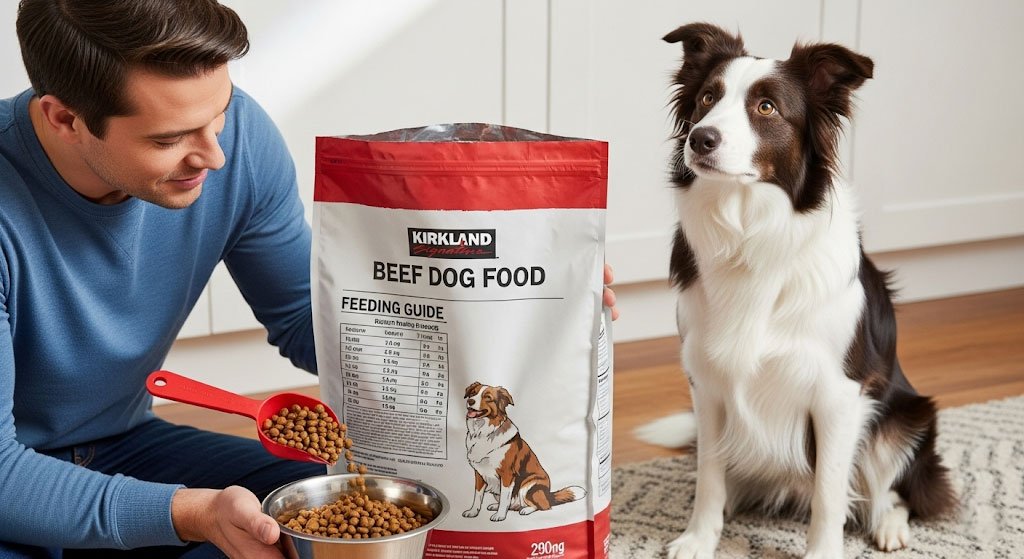
Furthermore, Costco’s sustainability policies include sourcing beef from suppliers who have a track record of implementing environmentally friendly practices. This may involve using less water or energy during production or utilizing renewable energy sources. By choosing to work with these suppliers, Costco not only supports sustainable farming techniques but also promotes a circular economy where resources are reused and recycled efficiently. This attention to sustainability not only enhances the overall quality of the dog food but also provides peace of mind to customers who are increasingly concerned about the origins of their pet’s food.
Customer Reviews and Testimonials
When it comes to providing the best nutrition for our furry companions, customer reviews and testimonials are invaluable resources for dog owners considering Costco’s beef dog food. Many pet owners have shared their experiences, offering insights into both the benefits and potential concerns associated with this product.
A recurring theme in the feedback is the positive palatability of Costco’s beef dog food. Numerous customers have reported that their dogs eagerly consume the food, suggesting that the taste is highly appealing to a variety of breeds. For instance, testimonials indicate that even picky eaters tend to enjoy the flavor of the beef formula, encouraging consistent meal times and reducing food waste. Additionally, several reviews highlight improvements in dogs’ overall enthusiasm for mealtime, which can reflect positively on overall well-being.
Moreover, the nutritional aspect of the beef dog food has been well-received. Many pet owners have expressed satisfaction with the ingredient quality, noting that the inclusion of real beef as the primary protein source aligns with their dogs’ dietary needs. Customers appreciate that the product is fortified with essential vitamins and minerals, contributing to their pet’s health and vitality. Some testimonials specifically mention observable benefits such as increased energy levels and improved coat condition, further endorsing the nutritional value of the food.
On the other hand, while the majority of reviews are positive, a minority of customers have raised concerns regarding digestion. A few dogs experienced gastrointestinal issues after initially switching to Costco’s beef dog food. These experiences underscore the importance of transitioning to new dog foods gradually to minimize digestive disturbances. Overall, the customer reviews collectively suggest that Costco’s beef dog food is a popular choice among dog owners and that it has the potential to meet various dietary needs and preferences.
Feeding Guidelines: How Much to Feed Your Dog
When considering the optimal amount of Costco dog food beef to feed your pet, several factors must be taken into account, including the dog’s size, age, and activity level. These factors significantly influence the quantity of food required to support your dog’s health and well-being.
For small dogs weighing between 5 to 20 pounds, the recommended feeding amount generally ranges from ½ to 1 cup of food daily. In contrast, medium-sized dogs, which typically weigh 20 to 50 pounds, should receive approximately 1 to 2 cups each day. Large breeds, especially those weighing over 50 pounds, may require 2 to 4 cups, depending on their specific needs. These portions can serve as a standard guideline, but it is essential to monitor your dog’s weight and adjust accordingly.
Age also plays a crucial role in determining the appropriate feeding amounts. Puppies often require more frequent feedings and higher caloric intake due to their rapid growth and high energy levels. Adult dogs, on the other hand, may need less food as their metabolism settles. Senior dogs typically benefit from diets that are lower in calories but higher in fiber and nutrients, potentially necessitating adjustments in portions compared to younger adults.
Additionally, your dog’s activity level greatly influences its caloric needs. Active dogs may require increased portions to sustain their energy, while less active or sedentary dogs should have their intake adjusted to prevent weight gain. It is also important to consider any specific dietary needs your dog may have, consulting with a veterinarian for tailored recommendations.
When transitioning to Costco dog food, particularly the beef variety, it is advisable to gradually incorporate the new food over a period of 7 to 10 days. Start by mixing small amounts of the new food with the existing diet, gradually increasing the proportion of Costco beef dog food. This approach can help mitigate digestive issues as your dog adapts to the new nutrients.

